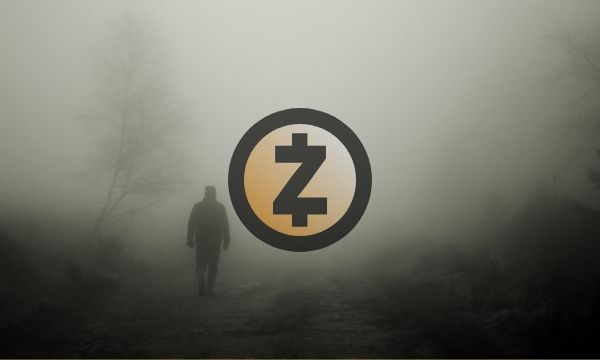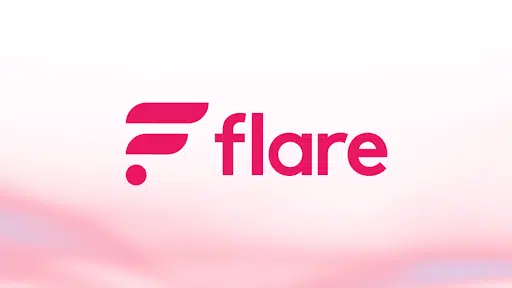According to blockchain data, miners in the network verified a block with four “shielded transaction outputs” at 1832666 block height. Twitter user ‘xenumonero’ was the first one to detect the blow-up in the size of the chain. The activity appeared to have maxed each 2 MB block every 75 seconds.
Interestingly, each of the transactions cost less than a cent. Jameson Lopp, the co-founder of Bitcoin security provider Casa, estimated that the attack is costing the scammer roughly $10 a day in transaction fees.
Who is to Blame?
While the motive behind the spamming activity is currently unknown, some users speculated it could be a pseudonymous Twitter user known as ‘fiatjaf,’ to be behind the attack. The user had previously tweeted that the “giant organizations” should attack Ethereum and Monero and crash these two networks if they want to ensure Bitcoin’s success. ‘fiatjaf,’ on the other hand, maintained that the spam was “certainly done by Monero enthusiasts.”
Both Monero and Zcash focus on privacy but follow different approaches to achieve the same. Monero, for one, leverages ring signatures and has a larger anonymity set. All of its transactions are private. Zcash uses zero-knowledge privacy protocol, a.k.a “zk-SNARKS” that enables users to remain anonymous. But unlike Monero, users on the Zcash network can choose between transparent and shielded transactions, allowing them to execute transparent transactions or make them completely private.
The latest spamming attack has caused the Zcash blockchain to bloat in size. This has resulted in the failure of nodes due to memory and performance issues with syncing this influx of shielded outputs, according to ‘xenumonero.’
Why Zcash?
Nick Bax, the head of research at Convex Labs, said that the spammer may have targeted Zcash to disrupt its nodes, drive investors to short its native token ZEC, or even discourage people from running nodes, thereby making network-level surveillance or even eclipse attacks more viable.
Bitcoin dev Peter Todd believes that Zcash and Monero are “particularly vulnerable to spam attacks because, unlike Bitcoin, they can’t do the pruning.” He said,
“All nodes need to maintain a list of spent coins indefinitely.”
ZEC’s price remained unfazed by the spamming on its blockchain and was currently trading at $56.23.
Earlier this year, the famed NSA whistleblower Edward Snowden revealed being the sixth participant, pseudonym “John Dobbertin,” that played a role in the creation of Zcash. During the revelation, Snowden confirmed that he received no compensation for the same and his involvement was just for the public interest.
Binance Free $100 (Exclusive): Use this link to register and receive $100 free and 10% off fees on Binance Futures first month (terms).
PrimeXBT Special Offer: Use this link to register & enter POTATO50 code to receive up to $7,000 on your deposits.
Credit: Source link





















 Bitcoin
Bitcoin  Ethereum
Ethereum  XRP
XRP  Tether
Tether  Solana
Solana  USDC
USDC  Dogecoin
Dogecoin  Cardano
Cardano  Lido Staked Ether
Lido Staked Ether  TRON
TRON  Wrapped Bitcoin
Wrapped Bitcoin  Wrapped stETH
Wrapped stETH  Chainlink
Chainlink  Sui
Sui  Avalanche
Avalanche  Stellar
Stellar  Litecoin
Litecoin  Toncoin
Toncoin  Shiba Inu
Shiba Inu  Hedera
Hedera  LEO Token
LEO Token  MANTRA
MANTRA  USDS
USDS  Hyperliquid
Hyperliquid  Polkadot
Polkadot  WETH
WETH  Bitcoin Cash
Bitcoin Cash  Bitget Token
Bitget Token  Ethena USDe
Ethena USDe  Wrapped eETH
Wrapped eETH  Uniswap
Uniswap  Monero
Monero  NEAR Protocol
NEAR Protocol  Pepe
Pepe  WhiteBIT Coin
WhiteBIT Coin  Aave
Aave  Bittensor
Bittensor  Ondo
Ondo  Aptos
Aptos  Internet Computer
Internet Computer  Dai
Dai  Official Trump
Official Trump  Ethereum Classic
Ethereum Classic  Mantle
Mantle  Tokenize Xchange
Tokenize Xchange  Gate
Gate  OKB
OKB  sUSDS
sUSDS  Coinbase Wrapped BTC
Coinbase Wrapped BTC 
